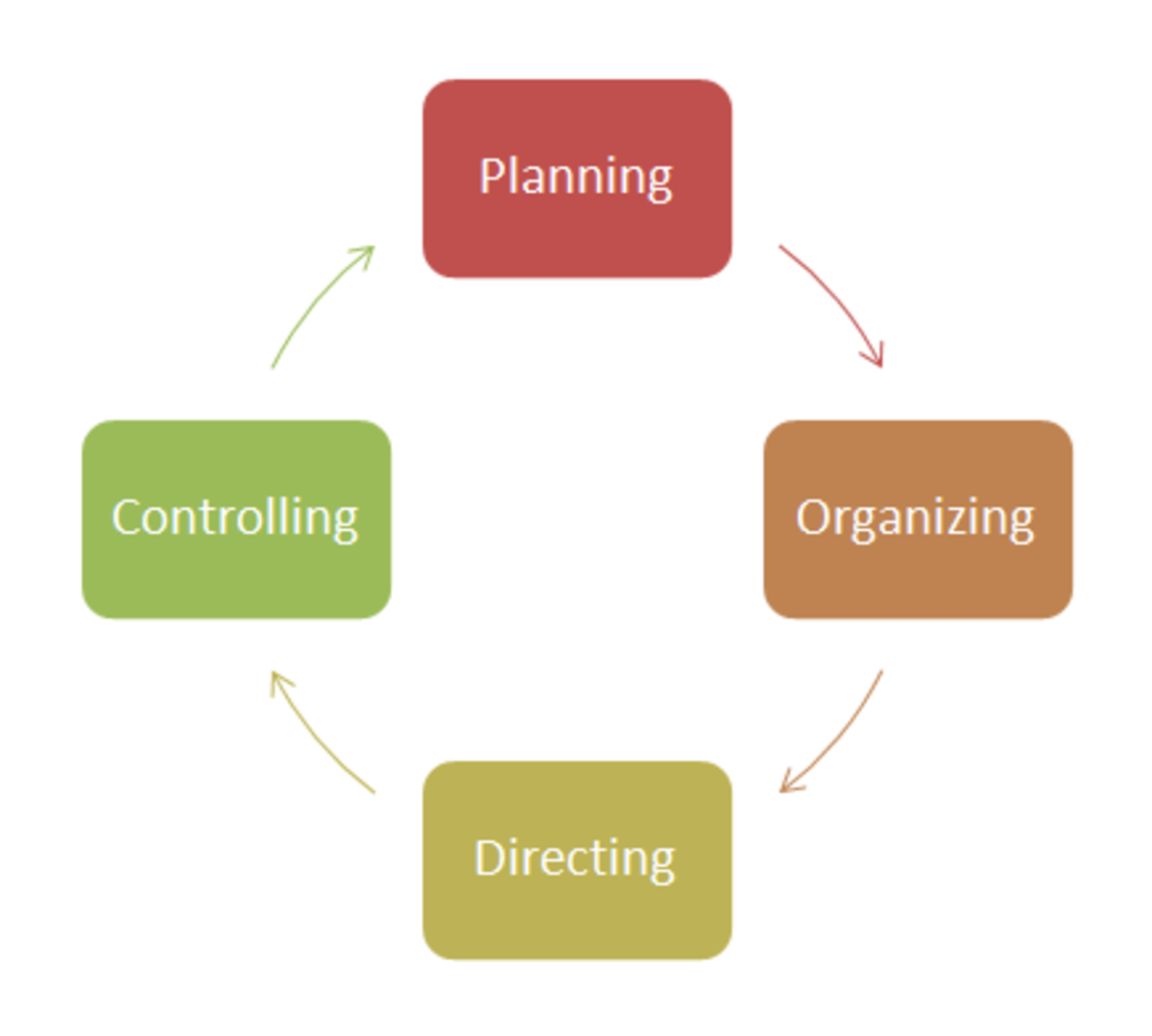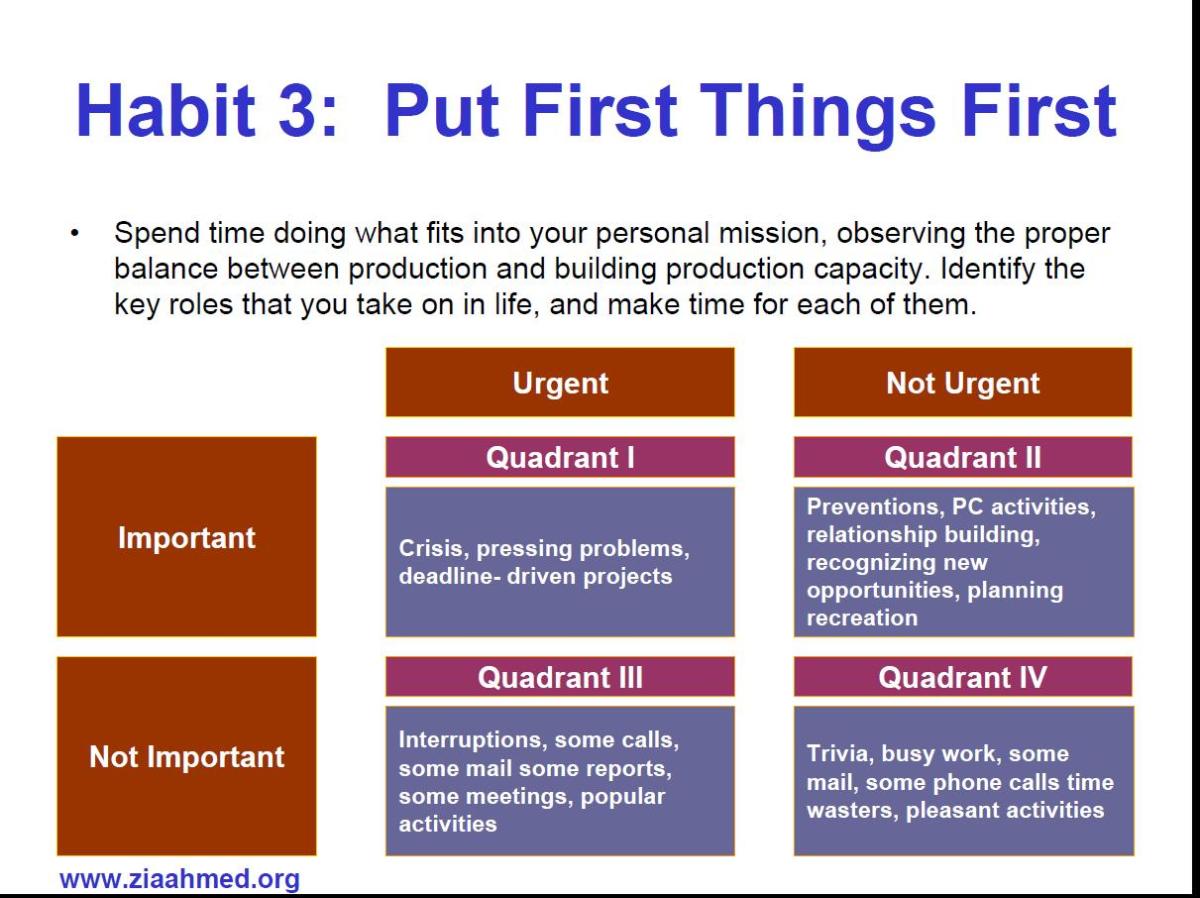PMP Vs Six Sigma, an Overview
Introduction
PMP versus Six Sigma is not just a comparison between business management philosophies. Instead, PMP and Six Sigma are different certifications, each training people to be able to achieve different goals. Yet the skill sets they represent are often complementary.
What Is PMP?
PMP is the Project Management Professional certification. It is a certification awarded by the Project Management Institute. PMP has more than forty processes for successfully implementing and completing projects.
What Is Six Sigma?
Six Sigma is, broadly speaking, a quality improvement initiative that seeks to reduce defects to as low a number as possible and financially feasible. Six Sigma certifications range from white belts and yellow belts that teach the basics of statistical process control and data capture to Six Sigma Black Belts who identify root causes of defects, determine the best way to eliminate them, and then manage the project intended to do so.
The Similarities between PMP and Six Sigma
Both Six Sigma and PMP have 5 stage lifecycles. In PMP, the lifecycle is initiate, plan, execute, “monitor and control” and close. In Six Sigma, the standard lifecycle steps are define, measure, analyze, improve and control.

The Differences between PMP and Six Sigma
The PMP methodology is intended to improve the project success rate regardless of the type of project. Six Sigma is intended to eliminate defects. Six Sigma, in combination with “lean” principles, tries to eliminate waste while improving quality.
PMP is better for defined projects whether you’re building a building or planning a marketing campaign. Six Sigma leaders may work permanently in a department like quality control, quality assurance, production planning or for a particular facility, continually monitoring operations and dealing with whatever quality issues arise.
PMP is entirely the purview of the Project Management Institute. While there are famous Six Sigma programs Motorola, certification is available through professional groups like the American Society for Quality and Institute of Industrial and Systems Engineers. Furthermore, Six Sigma certifications are available through a number of master’s programs and as stand-alone continuing education programs. Another difference between the two certifications is that one must take professional development units (continuing education credit) to remain a PMP, while a Six Sigma certification is permanent. In this regard, a PMP is more like a Professional Engineering license where you pass the exam but must continue to take continuing education courses to maintain the certification.
Are Six Sigma Black Belts Equal to Project Management Professionals?
It is Six Sigma Black Belts whose expertise may overlap with the PMP, since both the PMP and Six Sigma Black Belt manage projects and, often, teams to accomplish their goals. However, the Six Sigma expert is focused on continuous process improvement projects. The Six Sigma project manager will change projects based on need, such as moving from reducing mistakes in the shipping department to eliminating a new defect identified in manufacturing. A PMP may oversee a production line upgrade or product turnover, but their focus is completing the project while meeting various business goals – quality being just one of them.
PMP stands out for teaching human resource management and budgeting. This is hardly if at all taught for Six Sigma students except touched upon in the Six Sigma black belt and master black belt level. Even in those cases, classes focus on teaching getting buy-in from management and selling the proposal to those whose jobs are changing.
Note that it is possible to earn both a PMP certification and Six Sigma belt, just as one could earn an MBA and PMP certification. I’ve never heard of a graduate program that awards either a PMP certification or Six Sigma belt as part of an MBA, though such a program may exist.
I personally hold a Six Sigma green belt in addition to an industrial engineering degree but have never earned the PMP. However, it is possible to become a manager without either certification. And one could work in almost any area and earn a Six Sigma certification before applying those principles to the job.
© 2018 Tamara Wilhite







